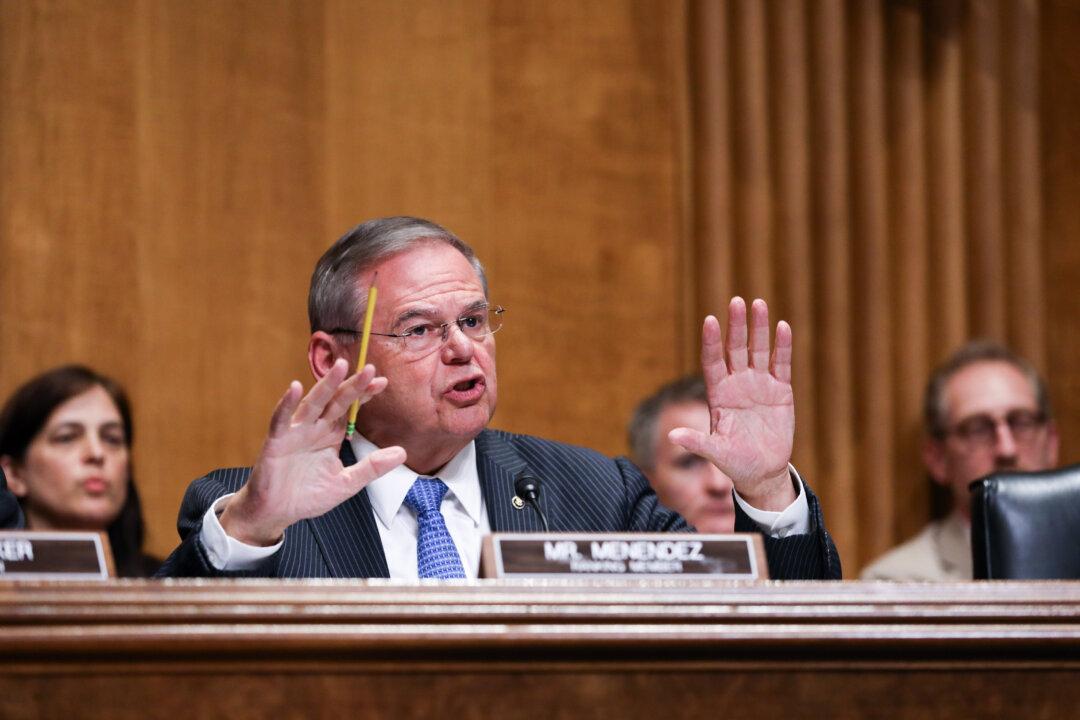As gasoline prices continue to reach record highs across the country, President Joe Biden is considering lifting sanctions on the oil-rich communist nation of Venezuela. The move faced backlash from Sen. Bob Menendez (D-N.J.), who called Venezuelan socialist dictator Nicolas Maduro “a cancer to our hemisphere.”
In 2019, President Donald Trump imposed tough sanctions on Venezuela after Maduro, with the assistance of Chinese and Russian actors, defeated a presidential rival in an election widely viewed by external observers as having been rife with fraud. With Americans focused on Russia and Ukraine, Maduro has undertaken a campaign to have some of these embargoes lifted.





